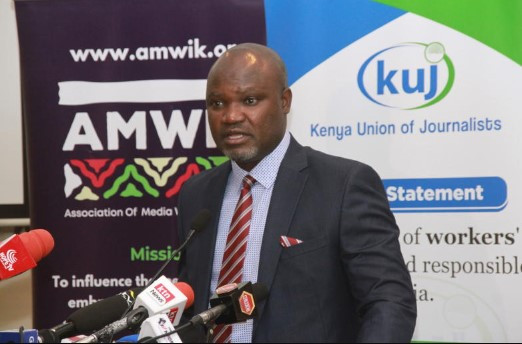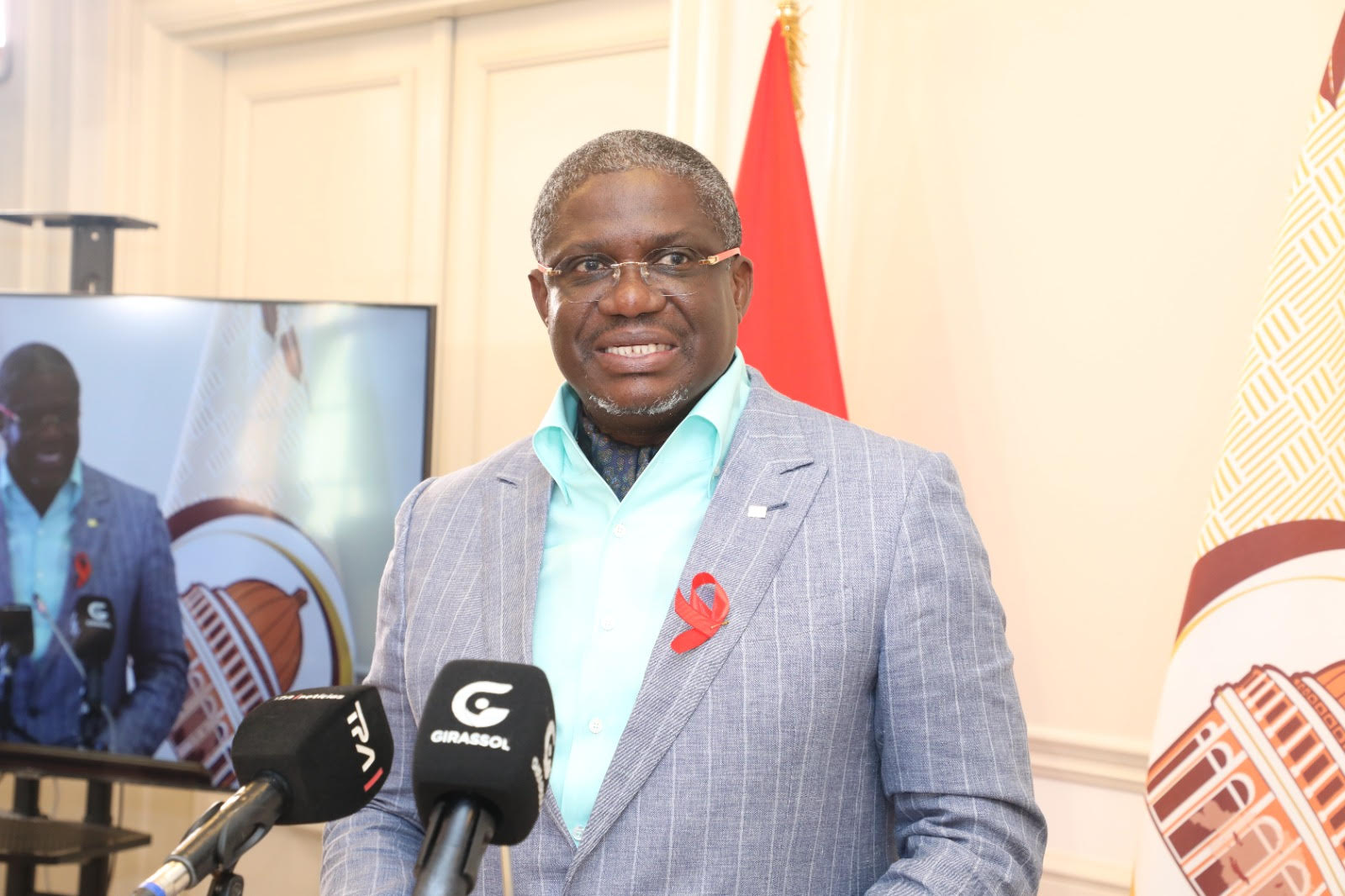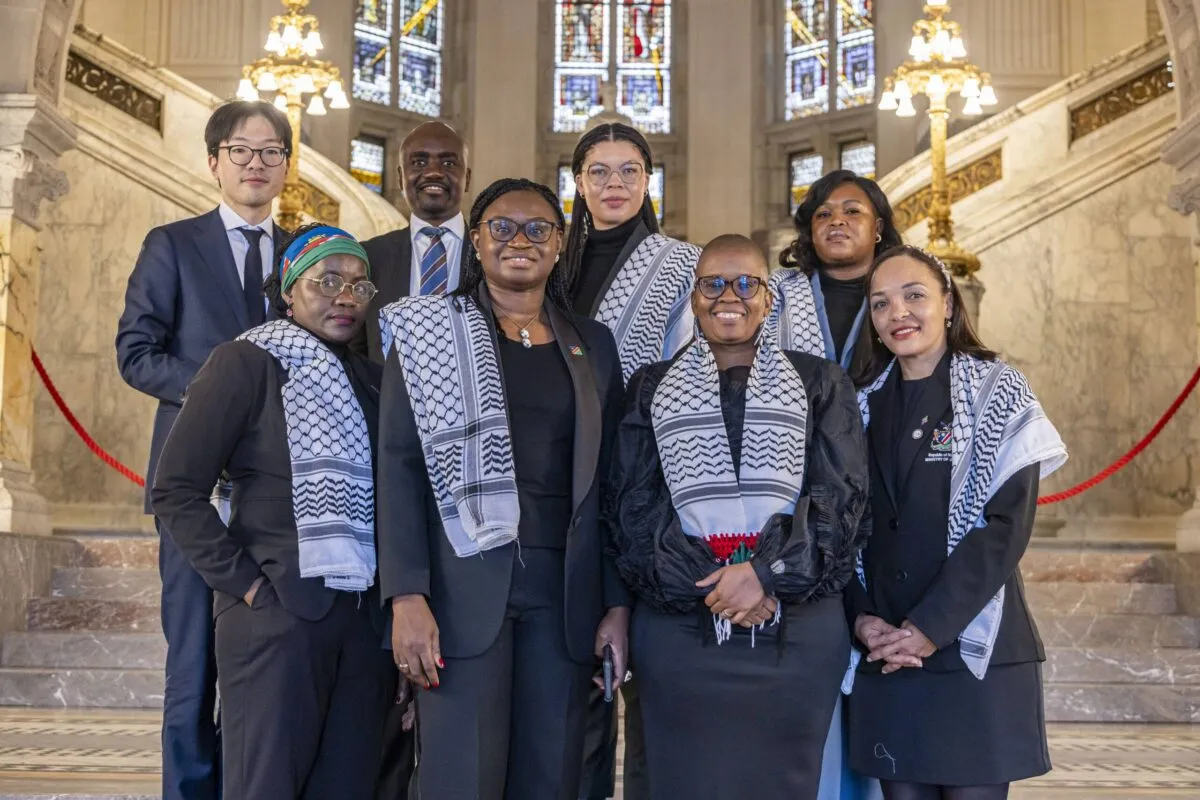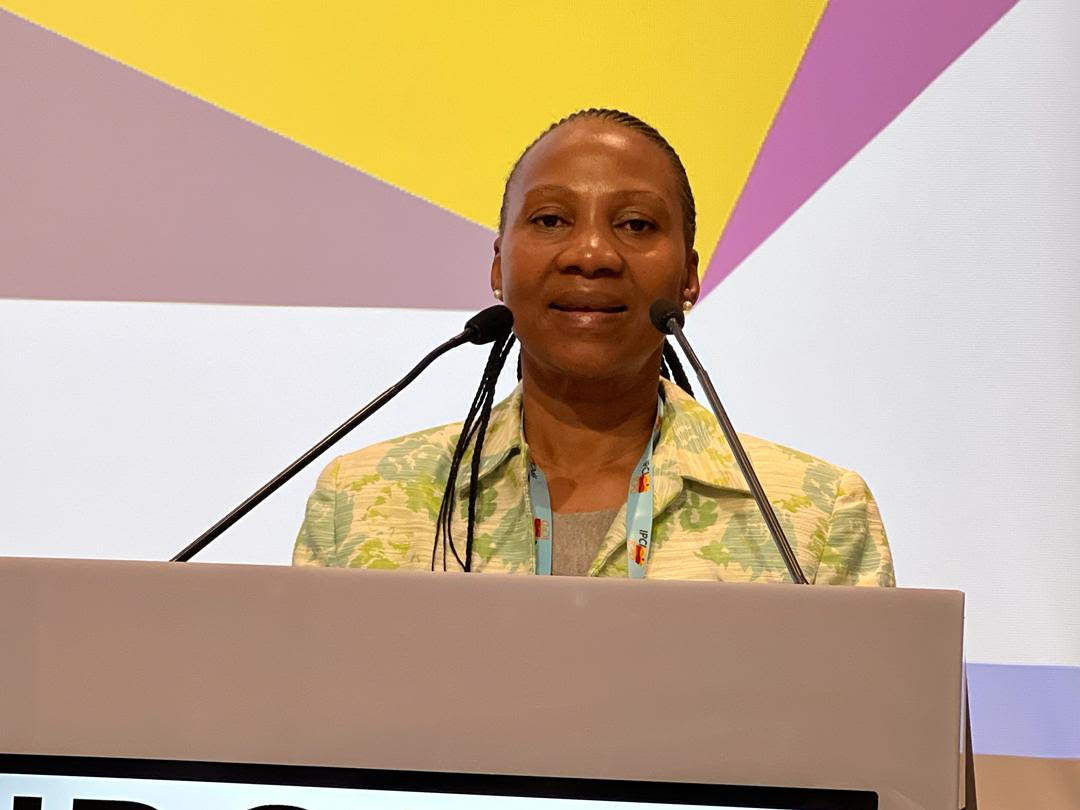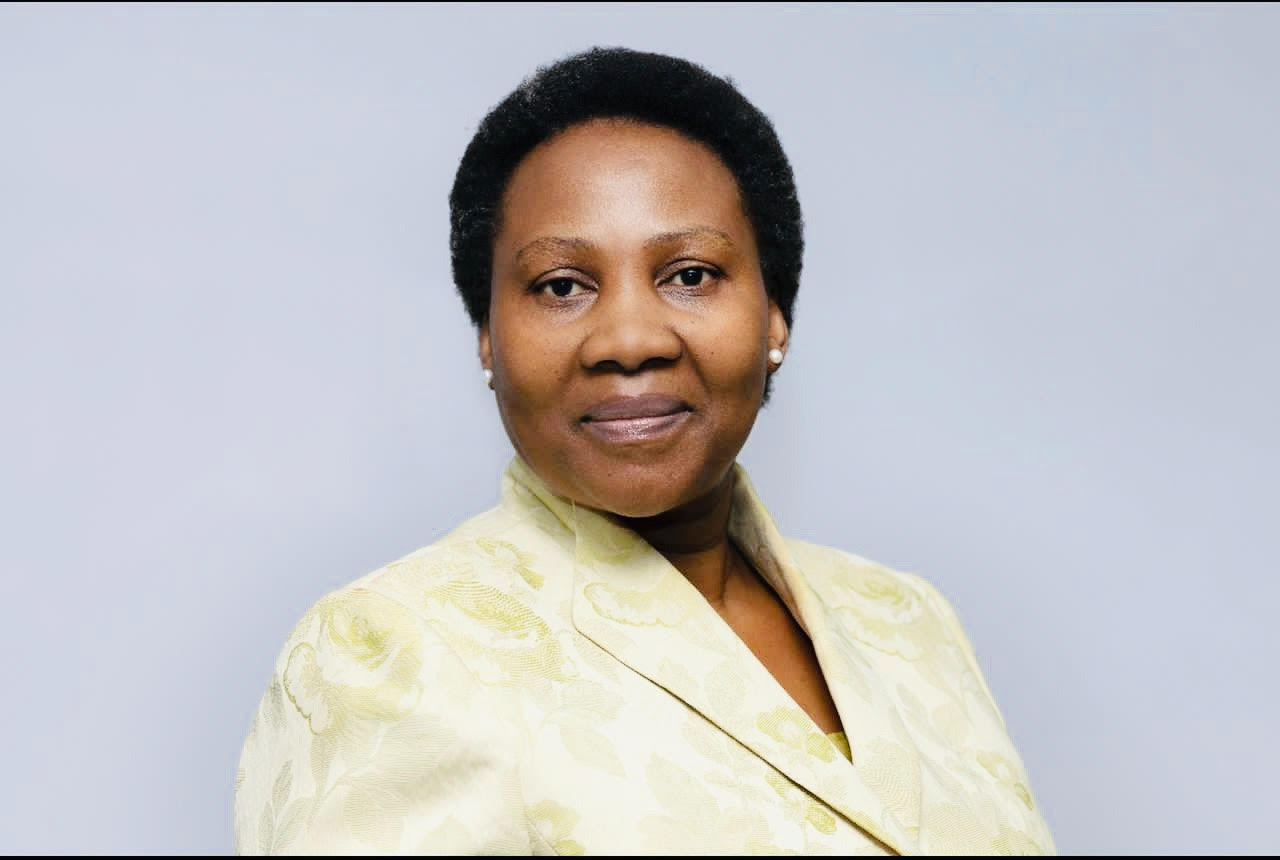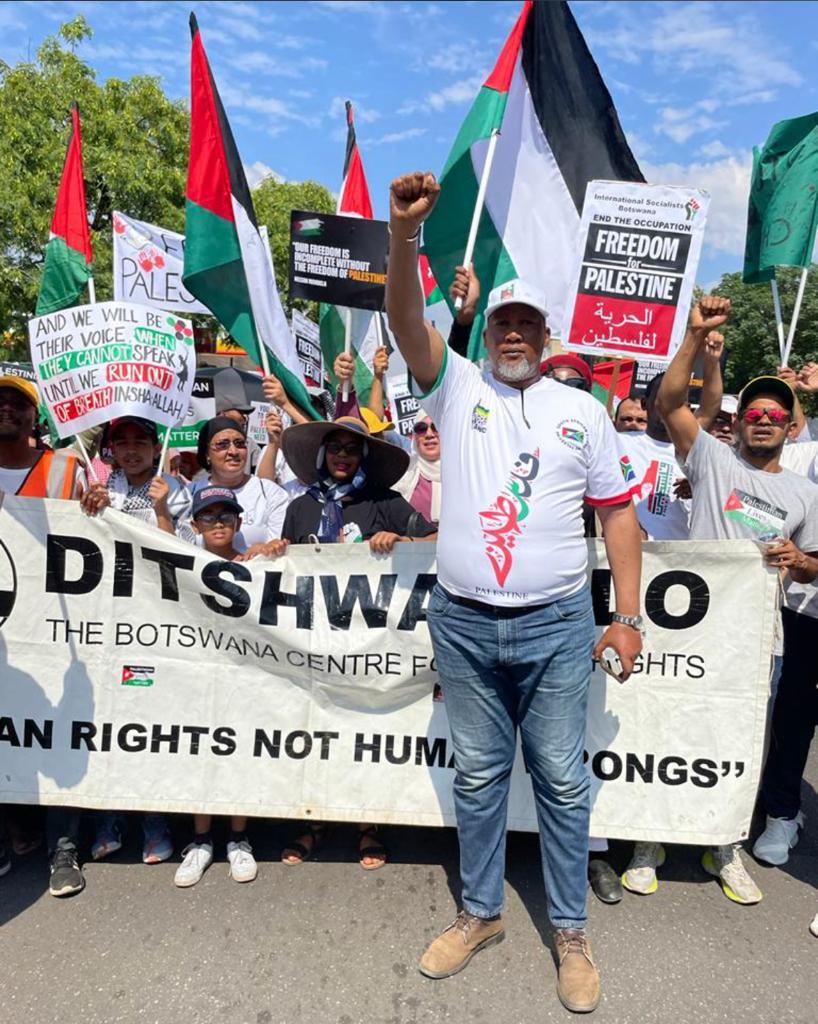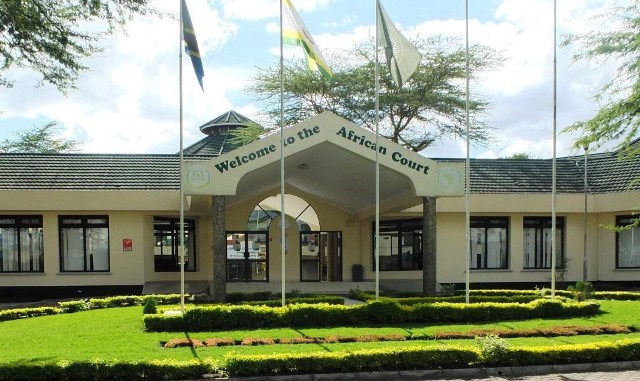
(SPS)– The African Court on Human and Peoples’ Rights denounced the Moroccan occupation of Western Sahara as a serious violation of the Saharawi people’s right to self-determination, In a landmark ruling last 22 September 2022.
The Court ruled that “both the UN and the AU recognise the situation of the Saharawi Arab Democratic Republic as one of occupation and consider its territory as one of those territories whose decolonisation process is not yet fully completed.”
Below the Press Release of the Ministry of Information of the SADR on this rulling:

MINISTRY OF INFORMATION OF THE SAHARAWI ARAB DEMOCRATIC REPUBLIC
PRESS RELEASE
African Court upholds the right to self-determination and independence of the Saharawi people, and underlines the obligation of African States to assist it
On 22 September 2022, the African Court on Human and Peoples’ Rights issued a landmark ruling, unprecedented on the African continent, condemning the illegal presence of Moroccan forces in Western Sahara as a military occupation, in violation of international law.
This was the first time that the Court had dealt with a case dealing with the right to self-determination and independence, and the Court gave full importance to this principle which has been a constituent part of states in Africa, as part of the vast decolonisation movement.
The Court considers that this right, enshrined in Article 20 of the African Charter on Human and Peoples’ Rights, constitutes a peremptory norm of international law, falling within the scope of jus cogens, which does not tolerate any derogation. This entails an obligation erga omnes for all states not to recognise a situation created in violation of this right. Similarly, States must assist oppressed peoples. In this regard, they must refrain from any act incompatible with the nature of the right to self-determination or the full enjoyment of this right by the peoples concerned.
In a landmark ruling of 22 September 2022, the African Court on Human and Peoples’ Rights denounced the Moroccan occupation of Western Sahara as a serious violation of the right to self-determination.
Having established this principle, the Court ruled that “both the UN and the AU recognise the situation of the SADR as one of occupation and consider its territory as one of those territories whose decolonisation process is not yet fully completed”. This is why direct negotiations between the two AU members SADR and Morocco should be concluded, with the sole purpose of “organising a referendum to guarantee the right to self-determination of the people of Western Sahara”.
From this reality, which is obvious to all, the Court finds that the Moroccan occupation of part of the territory of the SADR seriously violates the right to self-determination and independence of the Sahrawi people. Consequently, the Court finds, AU Member States have an obligation to assist the Saharawi people in the realisation of their right to self-determination and not to recognise the situation and violations resulting from this illegal occupation.
The Court recalls the obligation of all states not to recognise this occupation and to assist the Sahrawi people in the full realisation of their right to self-determination and independence.
Indeed, the right to self-determination and independence “imposes an international obligation on all States Parties to take positive steps to realise this right, including assisting oppressed peoples in their struggle for freedom and refraining from actions incompatible with the nature or the full enjoyment of this right. The Court emphasises that “in view of the fact that part of the territory of SADR is still occupied by Morocco, there is no doubt that the States Parties to the Charter have an obligation, individually and collectively, towards the people of SADR to protect their right to self-determination, in particular by assisting them in their struggle for freedom and by not recognising the Moroccan occupation and any violation of human rights which may have resulted from that occupation”.
The Court concludes that the admission of the Kingdom of Morocco to the African Union does not confer any legality on the occupation of Western Sahara, and on the serious violations of fundamental rights required by its maintenance. Indeed, the Kingdom of Morocco made no reservation in Article 4(b) of the Constitutive Act as to “respect for the inherited borders existing at the time of accession to independence”. Consequently, having been admitted within its internationally recognised borders, excluding Sahrawi territory, the Kingdom of Morocco sits in the continental organisation alongside the Sahrawi Arab Democratic Republic, which is a founding member of the African Union.
The Court concludes that the admission of the Kingdom of Morocco to the African Union does not confer any legality on the occupation of Western Sahara, and on the serious violations of fundamental rights required by its maintenance
The Court concludes, “all AU member states have a responsibility under international law to find a permanent solution to the occupation and to ensure the enjoyment of the right to self-determination of the Sahrawi people and to do nothing that would recognise such occupation as legitimate or impede the enjoyment of that right.”
With this judgment of capital importance, the African Court is in line with the International Court of Justice and the Court of Justice of the European Union, but goes further, underlining in exemplary terms what the right to self-determination has been in the history of African peoples, in order to better stigmatise the military occupation of Western Sahara by Morocco. Thus Mohamed Mbarek, Saharawi Minister for Justice, observes: “The doors of law are closed to the occupier: the coherence and the international judicial consensus are complete to say that the Kingdom of Morocco, which has never had the slightest “sovereignty” over Western Sahara, is illegally occupying this territory, in serious breach of international law. The serious disruption of international public order that is Morocco’s military occupation and colonisation of the territory must now cease.
Mohamed Mbarek made the link with the proceedings under way before the Court of Justice of the European Union: “Peoples have a future only if they respect the law, and respect for the law is the guarantee of peace. The Kingdom of Morocco must break its denial and face reality, and allow the UN and the AU to decolonise the territory. African states must take advantage of this decision of the Court to unite around the right to self-determination and independence, which is at the heart of their history.
Bir lehlu, 22 September 2022”.
SOURCE: Saharawi Press Agency
